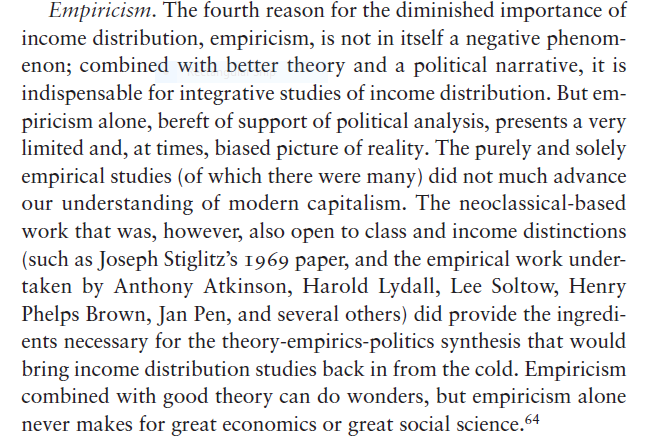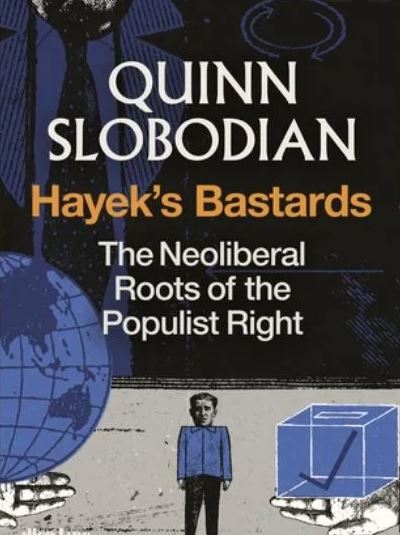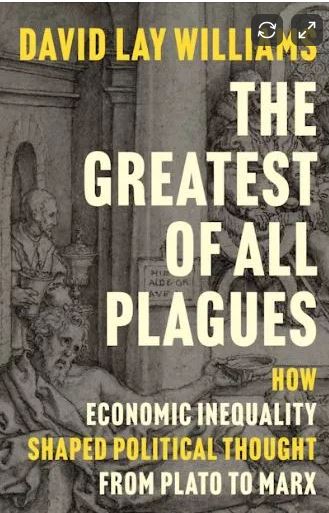When I read serious journalists writing about "preserving the integrity of the US electoral process" I am really not sure if they themselves know what they mean.
If they mean that no foreigner may be allowed to express opinion on US election that has clearly never been the case and is utterly unenforceable in the age of internet. Millions of foreigners openly express opinions and no one can stop them.
Moreover, its corollary would be that no American should express an opinion on any election elsewhere which is the "rule" that the self same journalists do not observe and to which the same problems as just mentioned apply.
If they mean that foreign state actors should have no opinion or right to express it, this is also meaningless because the distinction between state and non-state actors has become very thin.
Many actors (not the fewest of them located in DC) claim to be non-state actors while they are often fully or partially funded by governments, or other govt-affiliated organizations. Or their personnel is doing revolving doors between think tanks and govt institutions.
Thus, when you unwrap what the journalists are saying (regarding the expressions of opinion or so called fake news) it is either meaningless, goes against what people normally have been doing for ages, or is unenforceable.
The unambiguous and clear interference is the one that has to do with foreign money or provision of resources. That one has been used by many countries as the new book by Dov Levin shows:
global.oup.com/academic/produ…).
global.oup.com/academic/produ…).
• • •
Missing some Tweet in this thread? You can try to
force a refresh








